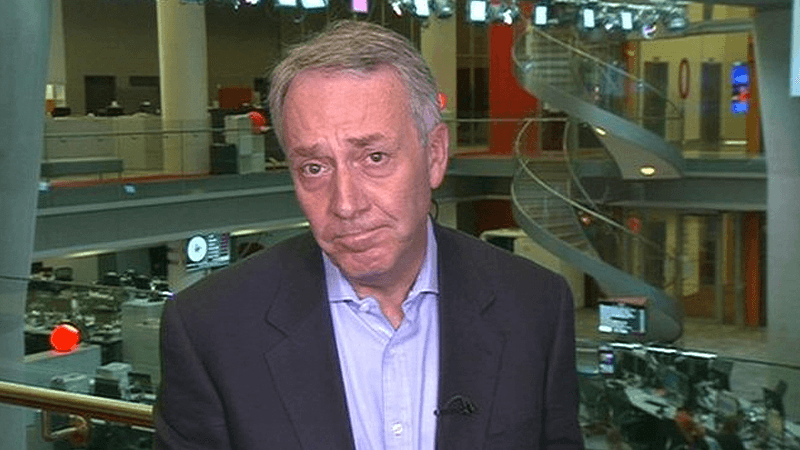David Anderson QC, the Independent Reviewer of Terrorism Legislation, has said in his six years in the job, “the single document that has alarmed me most” was a 2015 version of the Government’s counter-extremism proposals.
This was despite him having access to secret material on surveillance and the operation of terrorism law.
Welcoming a promised consultation on the plans, Anderson said he hoped it would also cover whether extra laws in the area were at all necessary.
Alarming
Speaking on BBC Radio 4’s Law in Action programme on Tuesday, David Anderson was questioned about defining “non-violent extremism”.
He said the law already touches on the issue, but “taking it further, and applying it to ideas that are, for example, un-British or opposed to democracy, seems to me very dangerous and quite wrong”.
He added: “Over the last six years I’ve seen an awful lot of secret material. Everything to do with the operation of the laws against terrorism, everything to do with surveillance.
“I think the single document that has alarmed me most was the early draft, I emphasise, of the Counter-Extremism Bill that I saw in the summer of 2015.”
Ideological straitjacket
Welcoming the Government’s commitment to a consultation, he said he hoped it would cover “whether it is necessary to have a law in this space at all”.
The Christian Institute is working to stop Extremism Disruption Orders as part of the Defend Free Speech group.
. . . the single document that has alarmed me most
David Anderson
Responding to the new comments, Defend Free Speech said: “David Anderson is well-placed to assess the Government’s approach to counter-extremism. He is saying, very plainly, very robustly, that the Government is on the wrong track.
“The Government’s proposals – and Extremism Disruption Orders in particular – are dangerous. They need to be stopped before ordinary people are criminalised because their views don’t fit the Government’s ideological straitjacket of British values.”
Indiscriminate
In July the Joint Committee on Human Rights said religious conservatives could be indiscriminately penalised by the laws.
The Committee, led by Labour’s Harriet Harman, said Evangelical Christians, Orthodox Jews and others who have conservative religious views and do not encourage violence could all be penalised.
The proposals have also been criticised by Chief Constable Simon Cole – the police lead for the Prevent programme – who has said plans to counter extremism could lead to ‘thought policing’.


